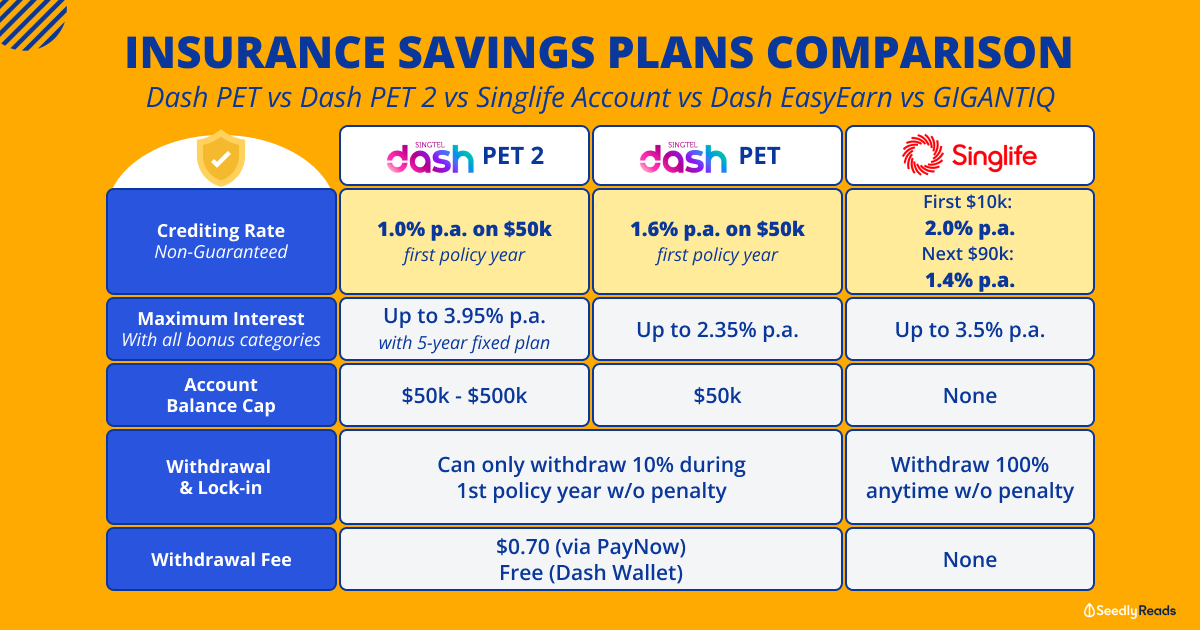Advertisement
Anonymous
25 years old with no future plans for marriage and kids. What insurance plan would you advise me to get at this age?
Background: I had no debts. My parents had me covered for health insurance and are not relying on me for their retirement.
2
Discussion (2)
Learn how to style your text
Elijah Lee
05 Aug 2020
Senior Financial Services Manager at Phillip Securities (Jurong East)
Reply
Save
Hey there!
You will want to look at covering yourself, firstly, for hospitalization. This is because hospitalization bills can be hefty. Basically, hospitalization plans cover surgical, admission costs.
The next thing is to cover for will be Critical Illness. Critical Illness plans gives a payout upon diagnosis of CI. There are many plans out there eg. AIA Power Critical Cover. You may want to opt for a multi-pay CI plan since it offers multiple claims for different CI diagnosis. Do make sure you opt for a premium waiver rider too since it waives off your premiums in the event of a diagnosis to keep you covered.
The last thing to look at is covering for Death/ TPD. I understand you may not have plans for marriage but you may want to look at is a plan to leave behind for your parents in the unfortunate event of your passing. A term plan will work well since it offers high coverage and is typically affordable. If you're still very certain that thats not necessary, you can do away with plans for Death/TPD since its normally meant for leaving behind a sum for your dependents.
Do consult a licensed financial advisor to explore options! :)
Financial planning is an integral part of life. You can reach me here to find out more.
Reply
Save
Write your thoughts
Related Articles
Related Posts
Related Posts
Advertisement









Hi anon,
In order of importance, here is what you should be looking at:
Hospitalization plan. This covers any hospital bills and associated pre/post hospitalization costs. This would be from an integrated shield plan, with a rider to take care of the deductible/co-insurance. Your parents have settled this for you, so you're good here.
Critical Illness coverage. This provides a sum of money for you to cover your expenses and other out of pocket costs should you fall critically ill and are not able to work. Usually recommended to cover at least 5 years of expenses and an additional sum to cover out of pocket. This is usually via a limited payment life plan, or a term plan, depending on your budget/needs. You will want to look at this.
Death coverage. This provides a lump sum of money should something happen to you. Not mandatory if you have no dependents or liabilities. Usually takes the form of a term plan. For the coverage amount, you could use a multiple such as 10 x of your current income, or calculate based on your current liabilities.
Personal Accident. For the minor stuff like TCM claims, etc.
Generally, you should not have to spend more than 10% of your income on coverage.
You can work with an independent financial advisor who can provide multiple options and explain in detail what you will need to know about the types of insurance as well as the options from various insurers before you come to a decision, especially with respect to cost effectiveness as well as the minor differences between the plans.
You will want to be comfortable to share your fiinancial details with your advisor as that will be important for the advisor to consider your current situation before suggesting suitable solutions.